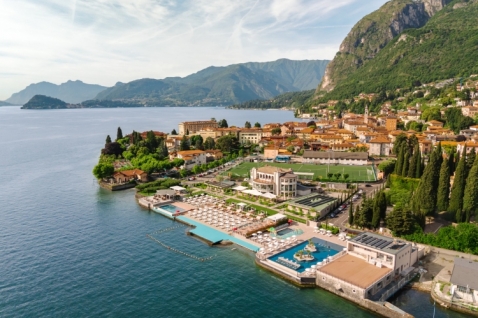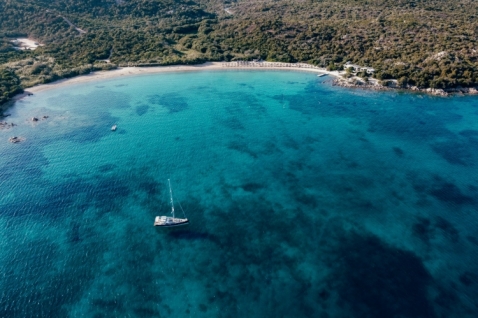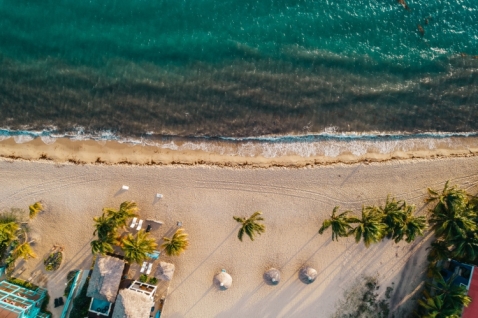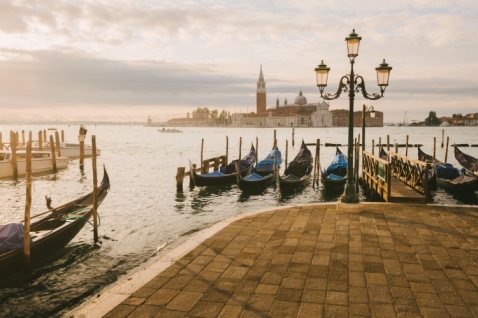
Caribbean countries want to continue with their 'golden passport' programs, but the European Union is not quite ready to accept their proposal...
Five island nations earn $579 million annually from citizenship by investment (CBI) programs, but that revenue is now at risk. In recent years, so-called 'golden passport' programs have come under increased scrutiny. However, several nations are hopeful that they will be allowed to continue.
For the five Caribbean countries, citizenship by investment (CBI) brings in an incredible $579 million annually, as reported by Bloomberg on Wednesday. Saint Kitts and Nevis, Dominica, Saint Lucia, Grenada, and Antigua and Barbuda rely on these programs to sustain their nations, and they would love for the European Union to understand how vital they are.
"Our national economic prosperity depends on the robustness of our citizenship by investment program," said Terrence Drew, the Prime Minister of Saint Kitts, in December. "This program must be protected at all costs."
In Drew's country, the CBI program was expected to generate $192 million in 2023, making up over half of the country's revenue. There, citizenship costs $250,000, enabling individuals to secure tax benefits and visa-free travel they might not otherwise have. The price is the same in Dominica, while Grenada charges $150,000, and Saint Lucia and Antigua set the price at $100,000.
In total, the five countries have granted citizenship to at least 88,000 people, as reported by Bloomberg. Many of them are Chinese, Russians, Nigerians, or other nationalities that would typically require visas for international travel. As such, the EU is concerned that golden passports facilitate travel and money movement for individuals who may be involved in suspicious activities. A report from the Organisation for Economic Co-operation and Development (OECD) recently stated that they could enable criminals to "commit large-scale fraud and launder crime and corruption-related money amounting to billions of dollars."
However, if countries were to tighten measures against individuals holding golden passports, it could potentially devastate some of these island nations, which rely on this income for everything from airport construction to supporting social welfare programs.
"It would almost cripple the Caribbean industry," said Rafael Cintron, CEO and co-founder of Wealthy Expat, which advises people on alternative passports, to Bloomberg.
Those involved in running the programs are trying to convince EU officials that the programs are secure, with an intense review process aimed at eliminating bad actors. Even with that, some countries have imposed visa travel bans from these Caribbean nations as a protective measure. These island nations are hopeful that opinions on this matter may change in the future.















